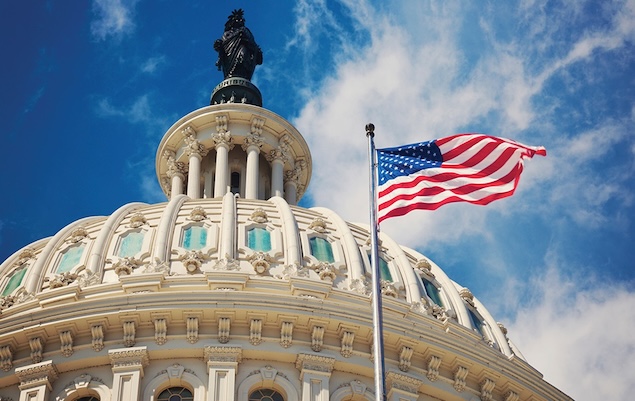Blue Cross Blue Shield settles health provider class action lawsuit
Insurance company agrees to pay a total of $2.8 billion

Insurance company Blue Cross Blue Shield has agreed to pay $2.8 billion to resolve antitrust class action claims by health providers who allege they were underpaid for reimbursements. Some ADA members may be eligible to participate in the settlement.
The settlement is largest ever payment in a health care antitrust case and one of the largest in any antitrust case, according to the Alabama court filing. It covers U.S. health care providers, including some dentists, with Blue plan patients between July 2008 and October.
“The settlement will include never-before-available changes to the Blues’ system and extraordinary relief for the health care providers who treat the Blues’ members, including monitoring, compliance and reporting processes,” wrote the plaintiffs, adding that the historic settlement is a result of nine years of “painstaking, arm’s-length negotiations.”
Blue Cross Blue Shield will pay $2.8 billion to the settlement fund, which includes distributions to the settlement class, notice and administration costs and any fee and expense award. The company also agreed to allocate millions of dollars to improve its BlueCard program, which providers have long said is non-transparent and causes additional costs and inefficiencies.
Additionally, the insurer consented to invest hundreds of millions of dollars in “key infrastructure” through which it will work with health care providers.
Currently, providers must submit claims through the BlueCard program when they treat members of another Blue plan, since each plan only contracts with providers in that plan’s service area.
“The settlement agreement significantly improves how providers will be able to deal with the Blues, bringing more transparency, efficiency and Blue Plan accountability. This relief is not something the Blues would have done on their own; the provider plaintiffs obtained this relief through years of litigation and negotiation, and the Blues estimate that implementing it will cost them hundreds of millions of dollars,” the plaintiffs wrote.
This litigation first started in 2012 when the providers filed the initial complaint in Conway v. Blue Cross & Blue Shield of Alabama, arguing that the insurer avoided competition through its use of exclusive service areas, thus increasing insurance costs and decreasing reimbursements.
For more information, visit bcbssettlement.com.
UPDATE: On Dec. 4, U.S. District Judge R. David Proctor granted preliminary approval of the settlement reached by the parties, stating that many U.S. providers "who currently provide or provided health care services, equipment or supplies to any patient who was insured by, or who was a member of or a beneficiary of, any plan administered by any settling individual Blue Plan during the settlement class period" may be entitled to recovery.



